Seeing Better than 20/20 in the New Year
“Do you see a man who is wise in his own eyes?
There is more hope for a fool than for him” (Proverbs 26:12).
An Indian folktale depicts six blind men approaching an elephant and then describing what they sense as they each unknowingly touch a different part of the animal. The first approaches the elephant’s side and proclaims the animal to be like a wall. The second approaches the elephant’s tusk and declares the animal is like a spear. Grabbing the animal’s trunk, the third man pronounces the creature to be like a snake. The fourth approaches the animal’s knee and proclaims the elephant is like a tree. Feeling the animal’s ear, the fifth compares the animal with a fan. Finally, the sixth man grabs the animal’s tail and likens the elephant to a rope.
This tale is often referenced to discredit Christianity and other worldviews that make truth claims. Yet, the story backfires because it implies those who make truth claims are wrong or at least incomplete, even though the author commits the same error by claiming himself to see all of the elephant. The author assumes to have a better view of reality than all the others in the story.
In reality, both the blind men and the storyteller are limited in their ability to see.
All humans have inherent visual limitations. Even if one’s vision is 20/20, it is still limited. We need microscopes to see germs. We need telescopes to see most stars and galaxies. And as we age, we often need glasses with increasing strengths to be able to read and navigate life.
Time also limits our perception. We only live 70, 80, 90, maybe 100 years. So much has preceded us in history. We can learn some from the writings of those who have lived before us, but their perspectives were also limited. Even if we were to learn all that has been recorded in history, we would still be limited because most of what has happened in the world has never been recorded. While we can see some periphery—some into the past and a bit into the future—our clearest perceptions are limited to the here and now.
Our vision is further limited by geography. Though travel is amazing in our age, we can still only be in one place at a time. Life is happening on seven different continents on earth in about 200 different countries. There is no way we can have a comprehensive view of what is happening everywhere. The vast majority of life happens where we are not! We might as well get over FOMO (fear of missing out)—It is inevitable!
Our perception is further limited by processing capacity. It’s been said that most humans only use a fraction of their brains. Each of us has a lot more capacity in our brains than we use within our lifetimes. Yet, even if we were to use all of our mental capacities, there is still a limit to what we are able to understand, process, and remember.
Good News . . .
Even though we cannot ever hope to see everything, we can get better at our perception. Why? Because we have the opportunity of knowing someone who really can see the whole elephant. God!
God sees the entire universe. Nothing escapes His view. He sees the big picture and He sees each one of us—our pasts, our presents, and our futures. He sees our natures and purposes. He designed us and sees everything about us!
Here’s some good news for a new year: God wants to help us see better. He wants to help us understand who He is and who we are. He wants to help us fulfil the purpose for which He created us. He wants to give us a clear vision for our lives. The name of the coming decade has prophetic significance—as we begin the year 2020, let’s ask God for 20/20 vision (or better!) for our lives and world.
Helping others see . . .
God does not just want us to see better, He wants the entire world to see better. Followers of Christ cannot be content with just seeing better themselves. God wants to use us to help others see Him, themselves and their lives better.
On our own, we believers cannot cure spiritual blindness. That is a supernatural work only God can do. Believers can, however, give people access to the God who opens blind eyes and gives true ability to see!
Eighty-six percent of Buddhists, Hindus and Muslims do not know a Christian.[1] They, like the blind men, do not have full access to truth. They do not have someone to lead them around the elephant. They are waiting on the Body of Christ to take Jesus’ great commission seriously.
In this new year may God help us to see better and may He use us to help others have access to Christ, the giver of sight!
[1] http://www.lausanneworldpulse.com/research.php/856


